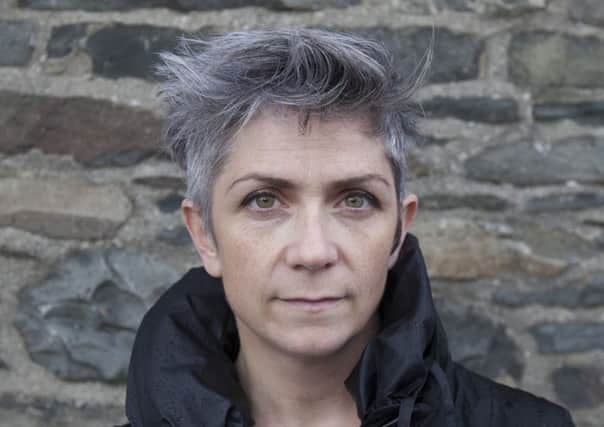Book Festival: Scots authors ponder the borders between fact and fiction


Andrew O’Hagan described his new book, The Secret Life, as “three non-fiction novellas”, written with the stylistic flair of the novelist but the rigorous nose of an investigative journalist.
In 2011, O’Hagan accepted a contract to ghost-write the autobiography of Wikileaks founder Julian Assange. For six months, he spent time with Assange and his cohorts in a rambling mansion in Norfolk, until the project – and, to an extent, the subject – imploded. It turned out the man who had made revealing secrets his raison d’être was unable to reveal his own. Instead, O’Hagan paints an intriguing portrait of a flawed visionary, then on bail for sexual assault charges in Sweden, paranoid, egotistical, yet still capable of occasional moments of brilliance.
Advertisement
Hide AdAdvertisement
Hide AdA further third deals with Craig Wright, the 46-year-old Australian who is believed to be the inventor of digital currency, Bitcoin, under the pseudonym Satoshi Nakamoto. Another book project, another implosion, when Wright failed to (or declined to) substantiate his claim to be Nakamoto in front of the world’s Press, with $1billion of patent deals at stake.
The remaining, and perhaps most unsettling, third of the book deals with Ronald Pinn, an identity O’Hagan himself invented using a name found on a gravestone (the method used by the Metropolitan Police for creating fake identities for undercover work). As well as obtaining a passport, driver’s licence and credit card for Pinn, and using him to explore various aspects of the “dark web”, he went in search of the “real” Ronald Pinn, who died in 1980 at the age of 20. He wanted the book as a whole, he said, to take a long hard look at what identity means in the digital age, what elements make up a life.
Meanwhile, Denise Mina describes her new book, The Long Drop, as “true-crime fiction”. Using both imagination and extensive research, it tells the story of serial killer Peter Manuel, a man of considerable intelligence and charm, who was hanged in 1958 after being found guilty of seven murders, and his relationship with businessman William Watt, who might or might not be implicated in what happened.
After meeting a “tsunami of pensioners”, Mina discovered that everyone of a certain age in Glasgow had their own version of events, many of them more plausible than the story told in court.
The book has been shortlisted for this year’s Gordon Burn Prize aimed at writers interrogating the past in a fiction or non-fiction form. It’s not clear which one Mina falls into – or to what extent the distinction continues to be relevant at all.